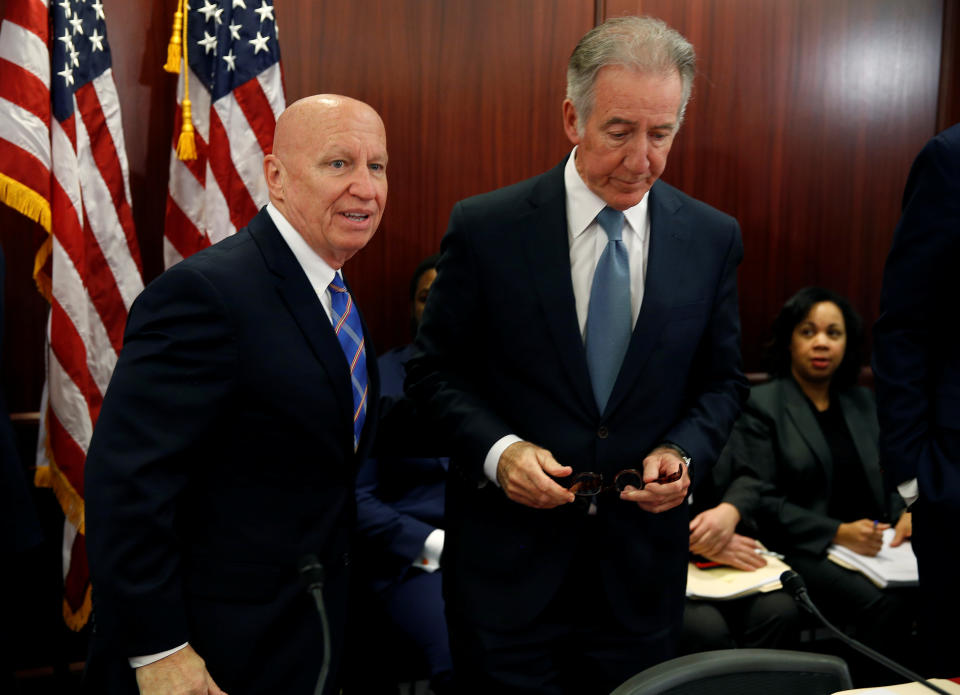Why Social Security might be a loser of the recent budget deal
In the days since President Trump tweeted out the announcement of a budget deal with the Democrats, the winners and losers from the agreement have come into focus.
Shai Akabas, the director of economic policy at the Bipartisan Policy Center, joined Yahoo Finance’s “YFi PM” to break it all down. He sees three winners: the short-term economy, Democrats who want more money for domestic priorities, and Republicans who want more military funding.
“I think the big loser in all of this, though, is the federal budget,” Akabas said. “The only thing that this deal did was make our long-term debt problems worse.”
One of the key challenges made more difficult is the solvency of Social Security. A recent report by trustees of the program found that the Social Security’s reserve fund could be depleted in 15 years with no action.
“We're just digging that hole even deeper, which means that when we get into the next recession, we might not have the tools to be able to combat it,” Akabas said, adding we could be in for “a potential world of hurt.”
Akabas appeared as part of Yahoo Finance’s ongoing partnership with the Funding our Future campaign, a group of organizations advocating for increased retirement security for Americans.
Akabas does see some some reasons for hope. Members of Congress are holding hearings on how to address the Social Security shortfall, and “there is some bipartisan action on proposals that would help address that when in crisis.”

There is also a chance of action on a bill pending in the Senate to address other retirement issues. The SECURE Act “is a bipartisan approach to improving the private side of retirement savings,” said Akabas, expressing hope it could be attached to an appropriations bills that the Senate must pass in the coming months to avoid a government shutdown.
The House is also set to pass a bill this week to shore up multi-employer pensions, but Kevin Brady, an influential Republican, has already taken to the House floor to predict that “this partisan bill is going to die a quick death after the House votes on it.”
The stakes are high for Washington to align its priorities to help retirees. As Akabas notes, “everybody who is on the [Social Security] program would face a 23% across-the-board cut” in 15 years if there’s no action.
Ben Werschkul is a producer for Yahoo Finance in Washington, DC.
Read more:
A new study looks deep at how to 'pensionize' your retirement plan
Why the public option keeps coming up with presidential candidates
Former senator: 401(k) plans were 'never designed to be the retirement plan for America'
One senator with two different plans to save Social Security
Read the latest financial and business news from Yahoo Finance
Follow Yahoo Finance on Twitter, Facebook, Instagram, Flipboard, LinkedIn, YouTube, and reddit.


